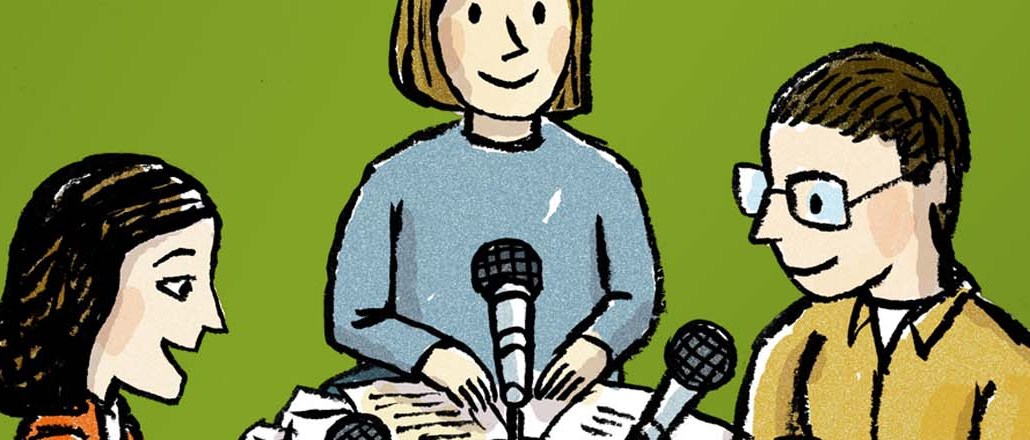Secure your place at the Digiday Media Buying Summit in Nashville, March 2-4

Slate has proven to be as good at roping in other publishers’ podcasts as it has at creating its own.
Panoply, Slate’s podcast network, announced Monday that it’s added Sports Illustrated as its latest publisher partner. With the deal, Sports Illustrated and Panoply will co-produce two new podcasts focused on fantasy football and college football, and port over SI’s nine existing shows.
The news caps a busy year for Panoply, which has spent the last six months pitching the merits of its podcast network to not only advertisers, but other publishers as well. The network has signed on 18 podcast partners so far, including New York Magazine (“Sex Lives“), The New York Times Magazine (“The Ethicists“) and The Huffington Post (“Here to Make Friends“). Slate’s pitch to these publishers is straightforward: Panoply’s producers can help publishers start their podcasts and build audiences, while its salespeople can help publishers make money.
“One of our big goals so far has been to find shows that are compelling to listeners, fun to produce and safe enough for brands so that they resonate with advertisers,” said Panoply CEO Brendan Monaghan.
Panoply has used the formula to build its network to 50 shows so far. Monaghan wouldn’t say how many listens the shows get overall — downloads are “growing meaningfully” — but Slate’s own shows had roughly 6 million downloads by the end of last year. While Slate’s podcast lineup is heavy on politics, culture and entertainment shows, it hasn’t gone very deep on sports — a major blind spot considering how closely fans follow certain games and teams. “Ultimately we want to find niches where people are highly invested,” Monaghan said.
Engagement is a core part of the case for podcasts. More than 46 million Americans say they listen to podcasts, according to Edison Research; the average listener listens to six podcasts a week. Podcast listeners are also likely to be highly affluent and educated, which makes them attractive for advertisers.
But while the number of podcasts and their subscribers climb rapidly, the number of advertisers using the medium is growing more slowly. Podcast advertising has for the most part been the domain of direct response advertisers such as Squarespace, Audible and mattress company Casper, which use promotional codes to figure out which shows are actually sending them customers.
Brand advertisers, on the other hand, have been turned off by the medium, in large part due to podcasting’s niche appeal and because of podcasters’ inability to provide detailed analytics about listener habits. Panoply says it’s working on a potential fix via its August acquisition of Audiometric, a unified CMS and analytics platform for Slate’s podcasts.
“The problem we’re trying to solve isn’t just increasing our own downloads,” said Panoply’s Monaghan. “We’re also trying to bring more people into the space overall.”
More in Media

Media Briefing: Turning scraped content into paid assets — Amazon and Microsoft build AI marketplaces
Amazon plans an AI content marketplace to join Microsoft’s efforts and pay publishers — but it relies on AI com stop scraping for free.

Overheard at the Digiday AI Marketing Strategies event
Marketers, brands, and tech companies chat in-person at Digiday’s AI Marketing Strategies event about internal friction, how best to use AI tools, and more.

Digiday+ Research: Dow Jones, Business Insider and other publishers on AI-driven search
This report explores how publishers are navigating search as AI reshapes how people access information and how publishers monetize content.





